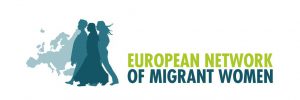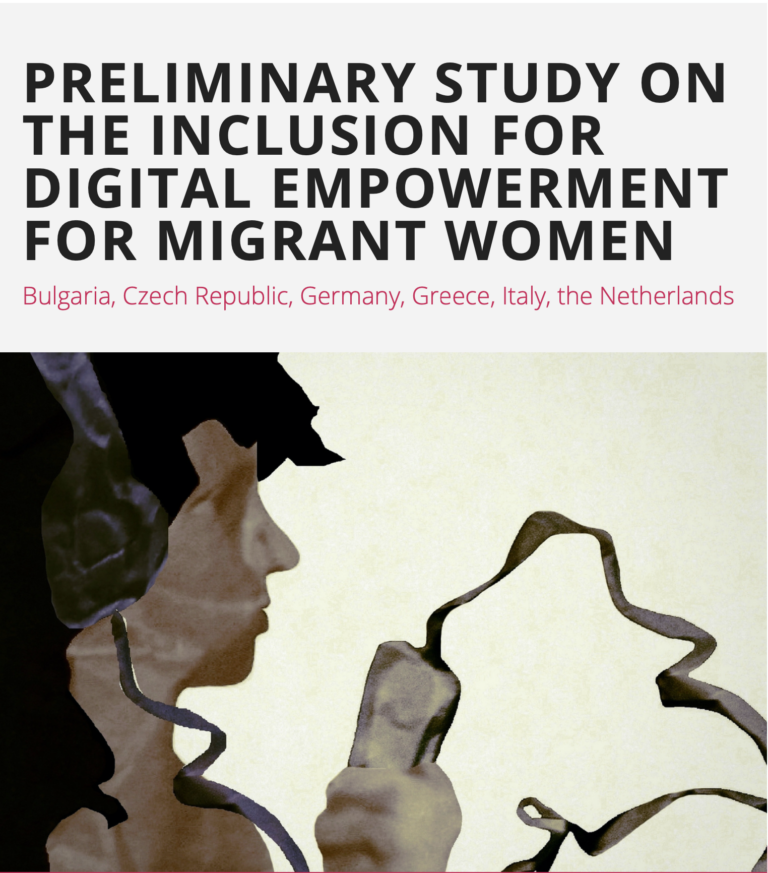European Network of Migrant Women

RIDE PROJECT: Preliminary Study on the Inclusion for Digital Empowerment for Migrant Women in SIX European Countries
The summary report, which is the study of ‘Inclusion for digital empowerment for migrant women’ in six European countries (Germany, Netherlands, Greece, Bulgaria, Italy, and the Czech republic) is a part of the AMIF-funded project RIDE, and it highlights the digital sectors, skill opportunities in the digital labour market and the barriers for under-represented groups such as migrants and refugees, and in particular migrant and refugee women, in the world of digitalisation.
In all these countries, migrants and refugees were mostly involved in semi and low-skilled jobs such as those in restaurant, factories, accommodation and hotels. This is due to language barriers, non-recognition of their qualifications from the country of origin, and having low education. Furthermore, for migrant and refugee women family and childcare posed an issue.
Countries like Germany and the Netherlands, which are more advanced in digitalisation and also have a high number of migrants and refugees, have more digital skills training opportunities for migrant and refugee women compared to countries like Greece and Bulgaria which is less advanced in digitalisation. Although the Czech Republic is becoming advanced in digitalisation, the country is new to migration; therefore apart from basic integration courses, there are few opportunities for migrants and refugees overall, let alone specific trainings for migrant and refugee women. Italy is advanced in digitalisation and has a high number of migrants, but due to labour market discrimination, migrants are mostly trapped in domestic and care work and there are few places that offer digital training opportunities to migrant and refugee women.
Due to the Covid-19 pandemic, the unemployment rate in the EU and all over the world has risen and, according to Eurostat, women 's unemployment rates have risen more than men's (however there is little data on employment rates of migrant and refugee women in different EU member state's labour market, and there is a real lack of data on migrant and refugee women in the digital labour market). On the other hand, the current pandemic has caused a huge mindset shift towards digitalisation. In order to cope with daily tasks (online banking, online shopping, making online appointments, working from home, studying from home, being connected to family by using social platforms to communicate), even those who were not so digital had to self- train to become digitalized. The labour market is in need of digital professionals and companies are advancing in providing more and more digital training to their employees. This will be the best time for people from other backgrounds (ethnic minorities, migrants and refugees) and especially migrant women to take the opportunity to enter the digital labour market by accessing available digital training in their country of residence.
For more information about the project visit: www.ride-project.eu
